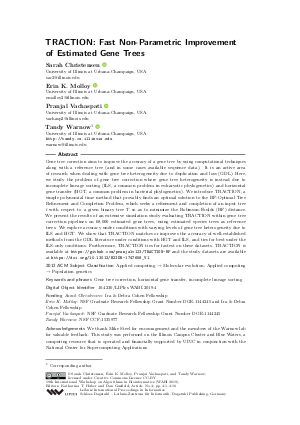LIPIcs.WABI.2019.4.pdf
- Filesize: 0.55 MB
- 16 pages

 Creative Commons Attribution 3.0 Unported license
Creative Commons Attribution 3.0 Unported license

































Feedback for Dagstuhl Publishing